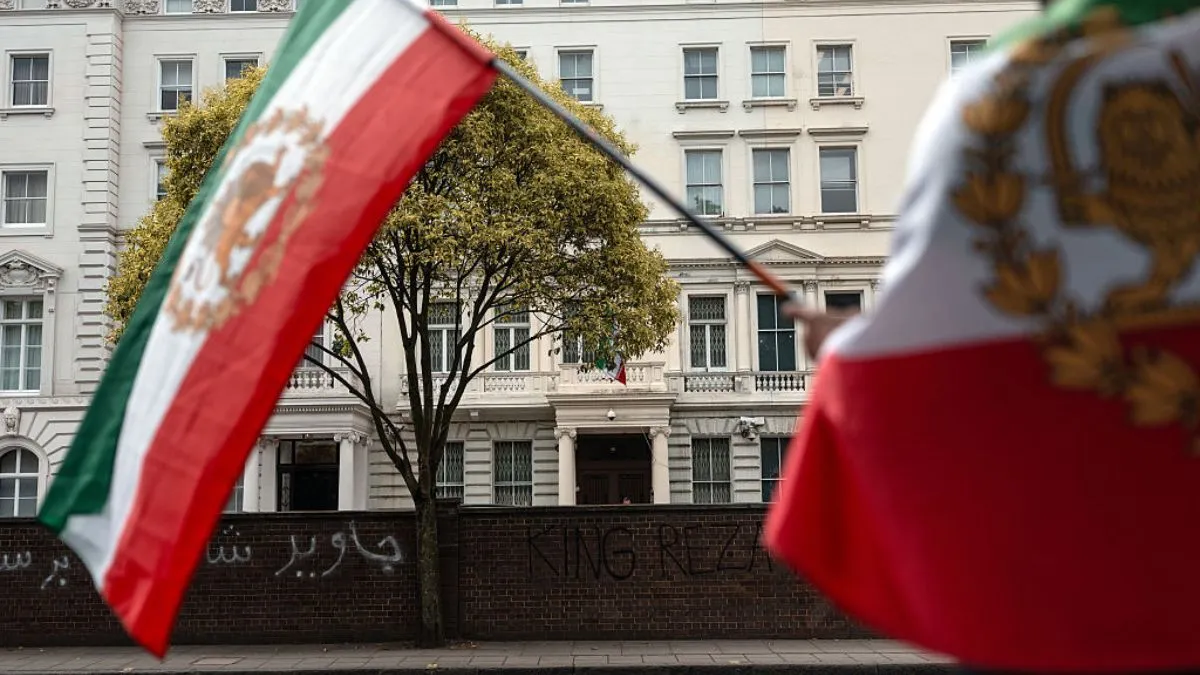British intelligence officials are facing an unprecedented challenge as Iran shifts its strategy from carrying out a few high-value, covert operations to flooding the UK with numerous small, low-cost plots designed to stretch security resources to breaking point.
According to Omid Shams, former operations director at Justice for Iran, this new approach is less about operational success and more about volume. “They don’t care if the attack succeeds. Each plot forces British services to respond,” he explained. The method contrasts with the more calculated operations of Russia and China, and has been described as “reckless,” relying on noisy, deniable tactics that keep security agencies constantly reacting rather than preventing threats.
The pressure is already visible. MI5 Director-General Sir Ken McCallum confirmed that his agency has been forced to divert staff from counter-terrorism duties to address a surge in state-backed threats from Iran, Russia, and China. In his latest briefing, McCallum admitted the service was “having to make tough choices” over where to allocate limited personnel, choices made more difficult by significant budget cuts. MI5, MI6, and GCHQ have all seen funding reduced by 14%, even as state-threat investigations rose 48% in the past year.
The cuts have had tangible effects: a promotions freeze at MI5, reduced counter-extremism efforts under the Prevent programme in London (with coverage shrinking from 22 boroughs to just 7), and fewer resources to address non-state terrorism.
Iran’s network relies on proxies, including street gangs, Russian mafia groups, and even teenagers recruited online, to target individuals and organisations in Britain while maintaining plausible deniability. Since early 2022, UK authorities have disrupted 20 potentially lethal Iranian plots, many targeting exiled dissidents. One of the most prominent targets has been Iran International, a Persian-language broadcaster based in London. Journalists there have faced surveillance, death threats, and physical attacks, including the stabbing of reporter Pouria Zeraati in March. A UN appeal noted that 45 Iran International journalists and over 300 of their family members across multiple countries have been threatened in recent weeks.
Shams estimates each operation costs between $10,000 and $20,000, a fraction of what it would take the UK to fully investigate and counteract the threat. The strategy echoes Iran’s past operations in the 1980s, but with a modern twist: instead of sending trained operatives abroad, Tehran now outsources the dirty work to criminal and extremist proxies.
Last week, the UK joined the US and a dozen other Western allies in a rare joint statement condemning Iran’s escalating intelligence activities as clear violations of national sovereignty. But with resources stretched and nuclear negotiations with Tehran at a standstill, Iran’s swarm tactics may prove difficult to blunt, leaving British security services locked in a costly, high-intensity defensive battle.


